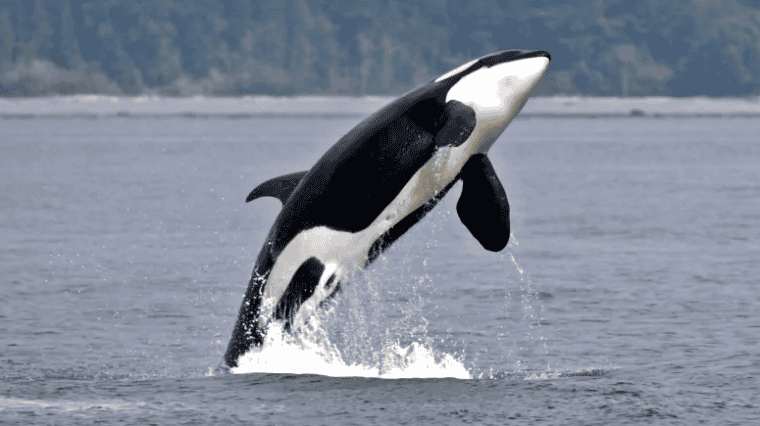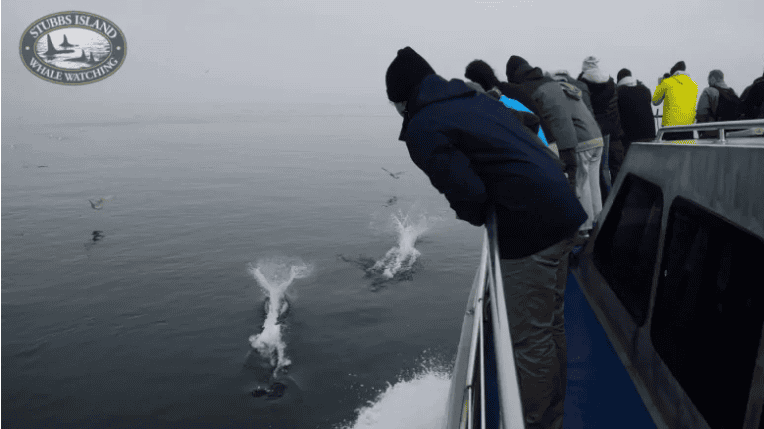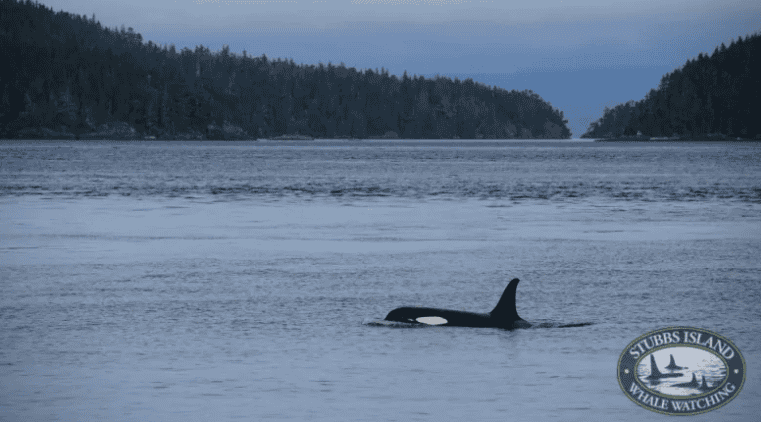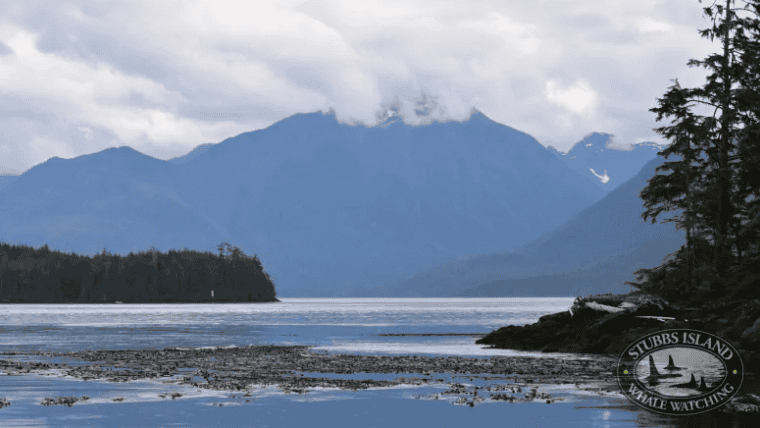
Stubbs Island Whale Watching started as a dive company, but interest quickly turned to local whale watching
British Columbia’s first whale watching company is closing its doors at the end of the month after nearly four decades of business, because the company’s lease is being terminated.
Stubbs Island Whale Watching, located on northern Vancouver Island, was put up for sale at the end of last season.
The owners had planned to keep running the tours until a like-minded buyer was found and say the changes to the lease with Telegraph Cove Resort were unexpected.
“The beauty of Telegraph Cove is the wildlife was literally right on our doorstep,” said owner Heike Weiske.
“It’s an incredible spot. We were really blessed that we were there.”

Stubbs Island, known for its conservation efforts and for keeping a respectful distance from wildlife during the tours, has been operating out of Telegraph Cove Resort since 1980.
The resort announced Tuesday that it will team up with a different whale watching company, Prince of Whales.
As Stubbs Island closes for business, Weiske said she hopes companies coming in to fill the void will also focus on environmental issues and sustainability.
“The culture up north … it’s all about protection and conservation, and I’m hoping that this climate will not change with a new player coming in there,” she told Gregor Craigie, the host of CBC’s On The Island.

‘Balance of connecting with nature’
Stubbs Island started as a dive company, but interest quickly turned to the large number of whales in the nearby waters.
Over the decades, Weiske estimates that half a million guests from 60 different countries have come to spot the majestic animals.
“Demand is increasing daily,” Weiske said. “In this world of technology, I think people crave that balance of connecting with nature.”

Whale watching isn’t without concerns, though.
Last year, new federal regulations were introduced to keep boaters at least 200 metres away from killer whales.
Northern resident orcas are a common sight on a Stubbs Island tour. Unlike the endangered southern resident whales, the northern population is on the rise.
Despite that, Weiske emphasized the importance of responsible business practices to protect the marine life.
“We were making money, but it was always keeping in mind that the whales have been protected and we have to do it in a responsible and sustainable way,” she said.


